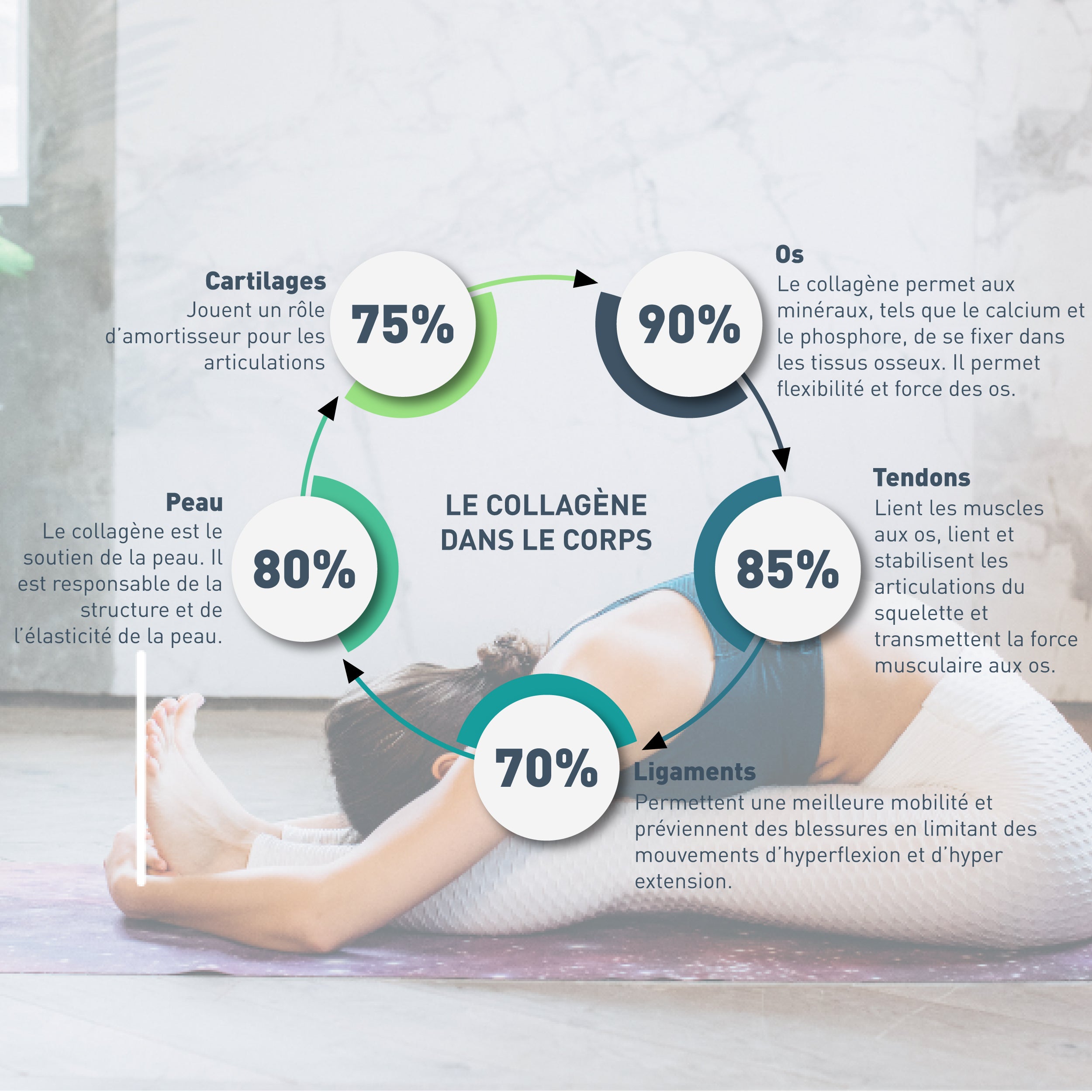
The body's well-being protein
What is collagen?
Collagen or collagen peptides is a protein naturally produced by the body and found in large quantities (about 80%) in various connective tissues such as the dermis, muscles, tendons, cartilage, and even in bones.
Unlike other proteins, the structure of collagen is triple helix, which is the characteristic shape of collagen. It is this structure that gives collagen its unique strength and stability, allowing it to fulfill its supportive and structural role in the connective tissues of the body.
This structure is defined by the amino acids that make up collagen.
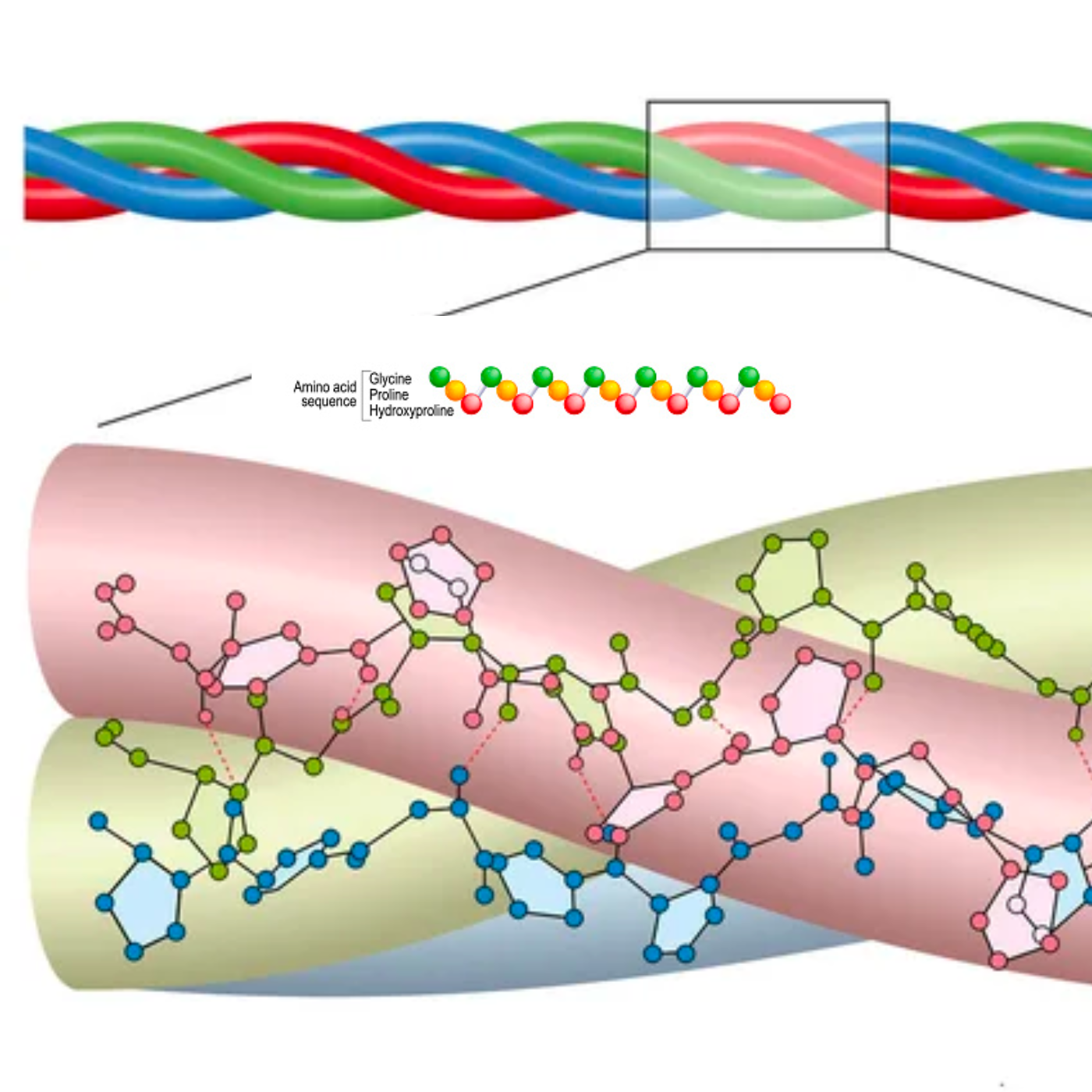
A particular structure
The triple helix structure
The triple helix structure of collagen is extremely important because it gives collagen its unique characteristics essential to its role in the body:
- Strength and Stability: Gives its ability to withstand high mechanical stresses without easily deforming or breaking.
- Structural support: allows them to fulfill their functions of support, maintenance and protection in the body.
- Cross-links: formed by specific amino acids, they strengthen the overall structure of collagen.
- Cellular interactions: Cells in the body attach to collagen fibers via specific receptors. It thus contributes to biological processes such as tissue growth, regeneration and repair.
In summary, collagen is not a protein like any other. This is why it is essential from the age of 25 to feel beautiful and well.
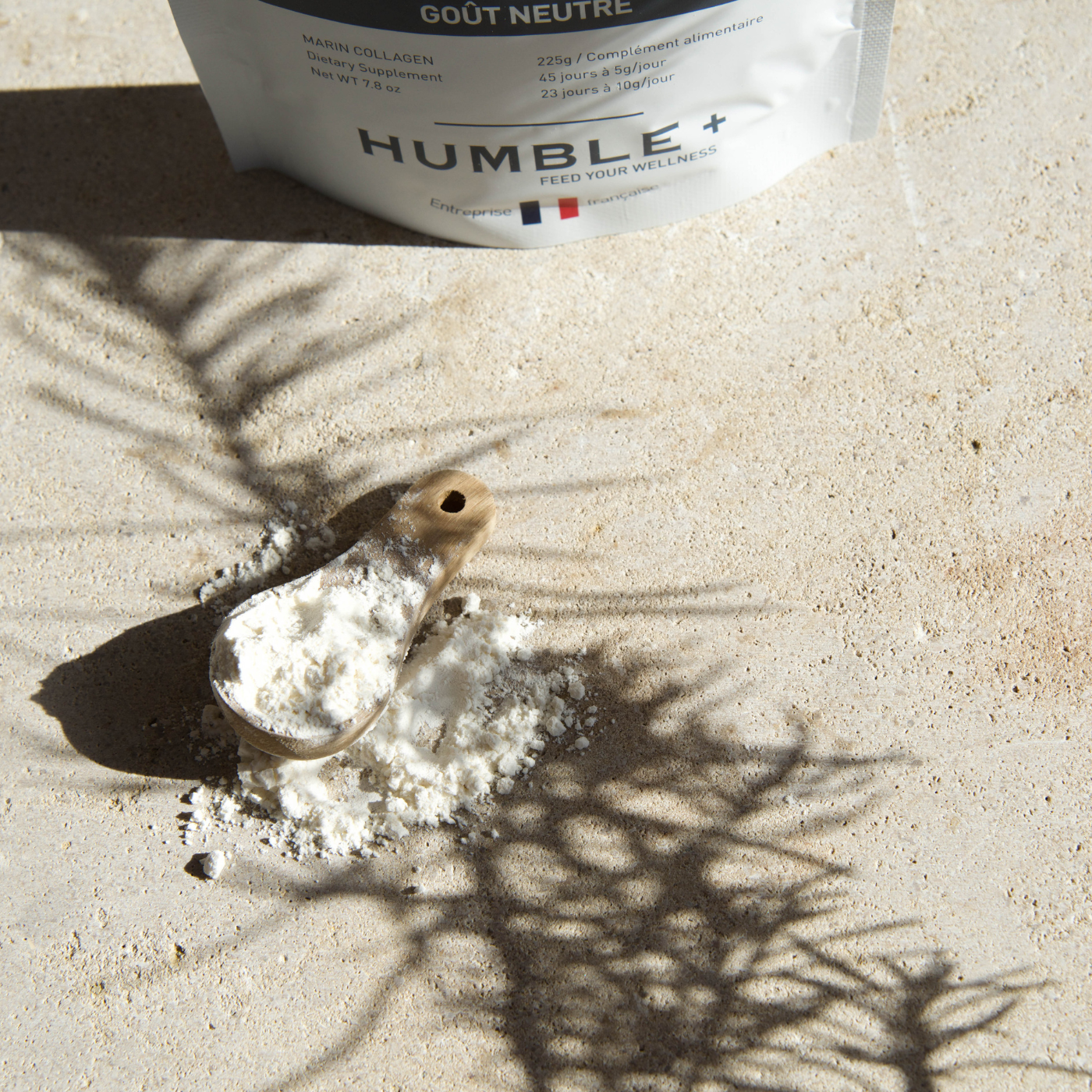
A unique mix
AMINO ACIDS
Amino acids are the building blocks of proteins. There are 20 amino acids.
Collagen is composed of three main amino acids: glycine (33%), proline (13%) and hydroxyproline (13%) which gives it its specificities:
- Glycine: it helps form strong bonds between collagen chains, which gives connective tissue its strength and flexibility.
- Proline: it contributes to the stability of the helix structure which reinforces its resistance.
- Hydroxyproline: it strengthens the overall structure of collagen. These bonds are important for the stability and durability of connective tissues.
It is the amino acid composition that differs in the different types of collagen.
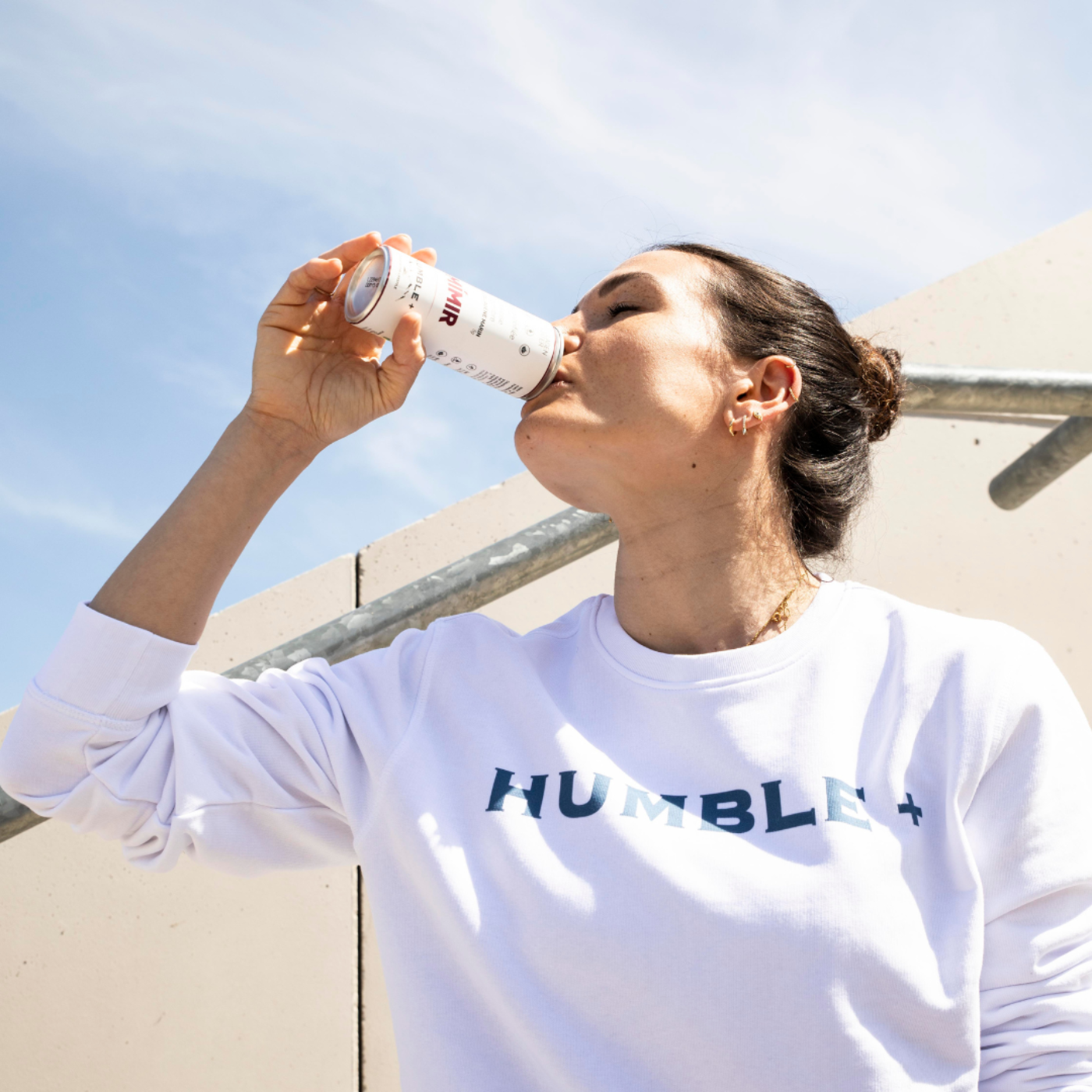
90% Type I
The different types of collagen.
There are at least 28 different types of collagen identified to date. Each type of collagen has a specific amino acid structure and distribution in the body, allowing it to perform distinct functions. The main ones are:
- Type I collagen: It is most abundant in the human body and is found in the skin, tendons, bones and ligaments.
Type I collagen makes up nearly 90% of the body's collagen.
- Type II collagen: It is mainly found in the cartilage, which covers the ends of the bones.
- Type III collagen: It is present in blood vessels, organ walls and plays a role in the structure of connective tissues.
Each type of collagen therefore has an amino acid profile which will be preponderant in certain parts of the body. How the body uses it is another story.
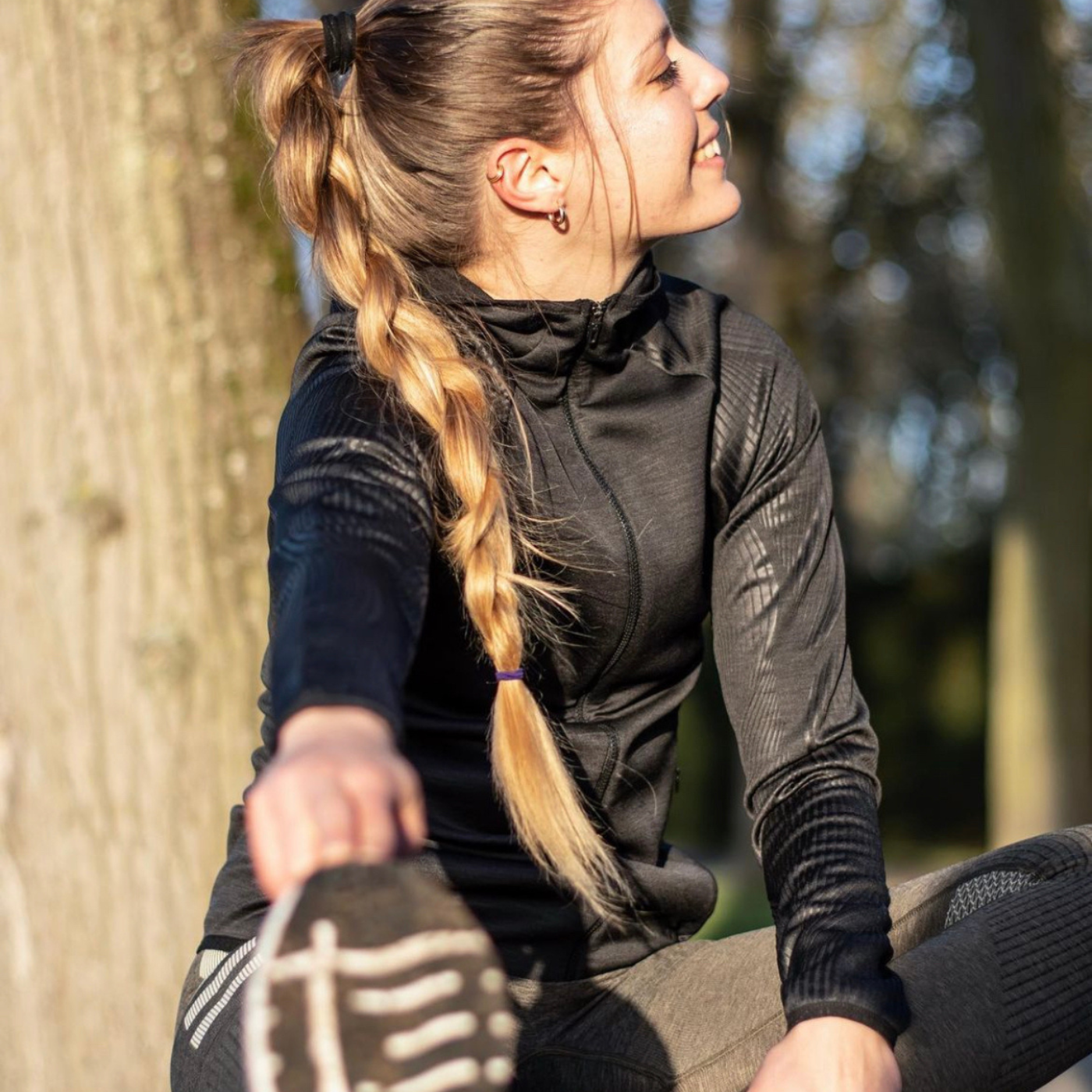
Subheading
Use of collagen by the body
When you consume collagen, whether type I or type II, it is broken down into amino acids. Its breakdown occurs during its digestion and metabolism in the body.
These amino acids are then absorbed into the bloodstream and distributed throughout the body, where they can be used to synthesize new proteins, including collagen.
Type I collagen is mainly present in tendons, bones or skin and type II in cartilage. However, it is not possible to say with certainty that type II collagen will specifically go into cartilage and that type I collagen will specifically go into bone.
Indeed, when amino acids from collagen are reused in the synthesis of new proteins, their distribution and incorporation depends on the needs of the body at that time, it will depend on many factors and this can vary from person to person. 'other.
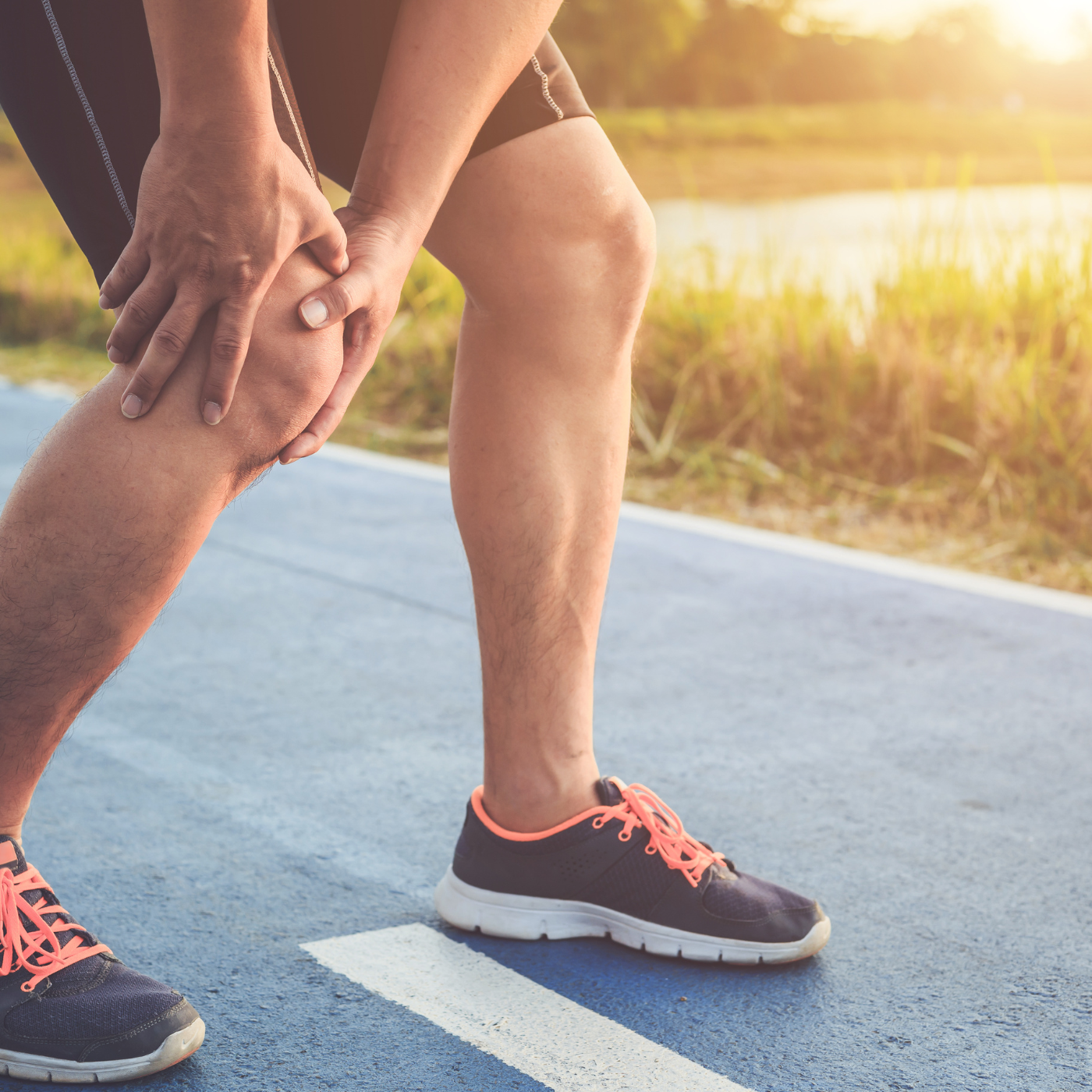
To see more clearly
Joints, tendons, muscles: what is the link with collagen?
A tendon is a fibrous structure that connects a muscle to a bone. It is composed of collagen fibers, aligned in parallel, which gives them great tensile strength.
Muscles are made up of muscle fibers that are made up of protein. They also contain a significant amount of connective tissue, made up of collagen. Collagen in muscles helps maintain the structure and cohesion of muscle tissue and by connecting them to tendons and bones.
Thus, both tendons, joints and muscles contain type I collagen in their composition, which gives them the resistance and stability necessary for their respective functions.
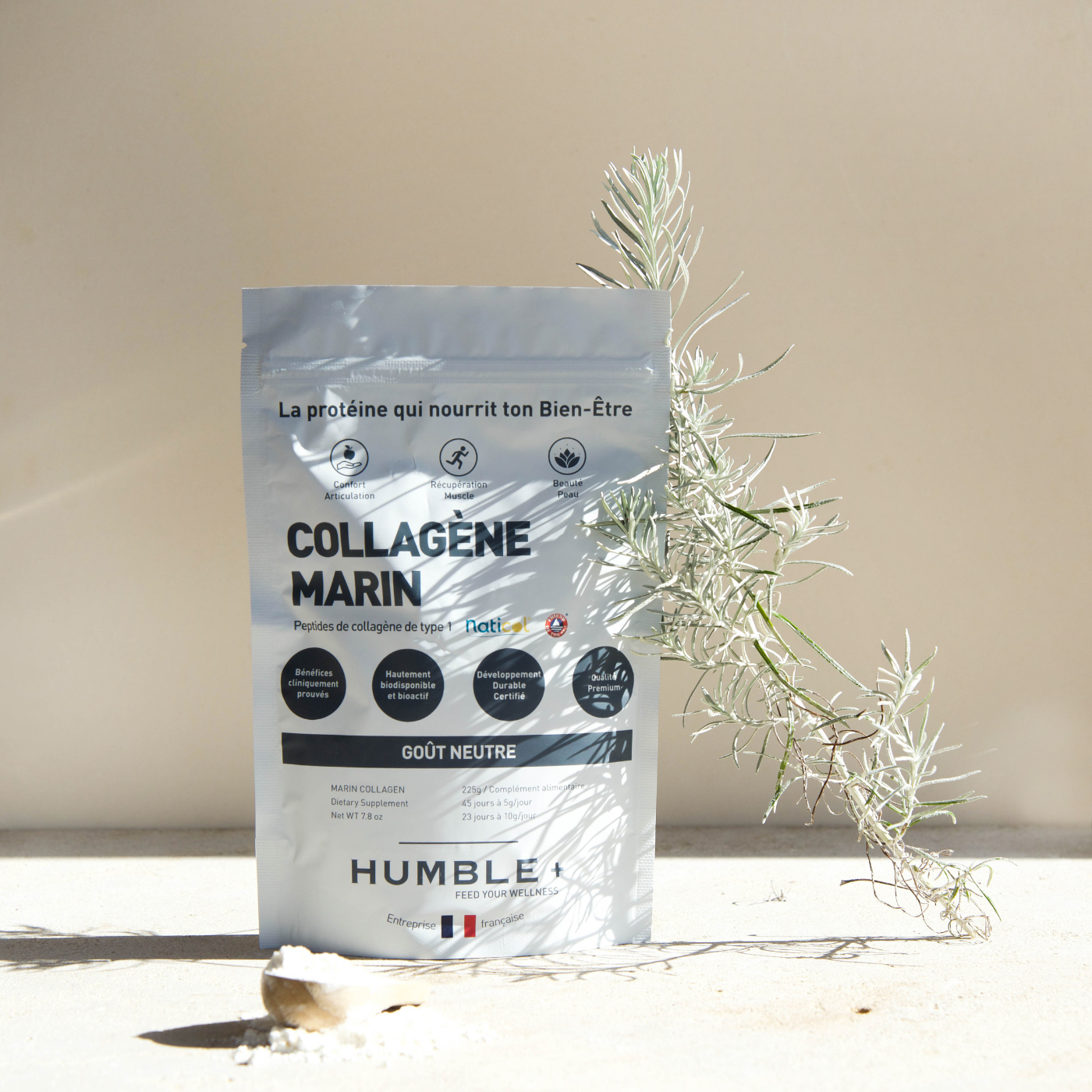
Collagen or hydrolyzed peptides
How is it made?
Making collagen requires sourcing high-quality raw materials, such as fish skin or beef connective tissue. They are selected for their richness in collagen.
These raw materials are subjected to a hydrolysis process. This is a natural process that makes collagen more absorbable by our body. The collagen chains are cut into small pieces called collagen peptides, by enzymes.
During this step, specific enzymes or combinations of enzymes are used to break down the long chains of collagen into smaller amino acid-rich peptides called collagen peptides.
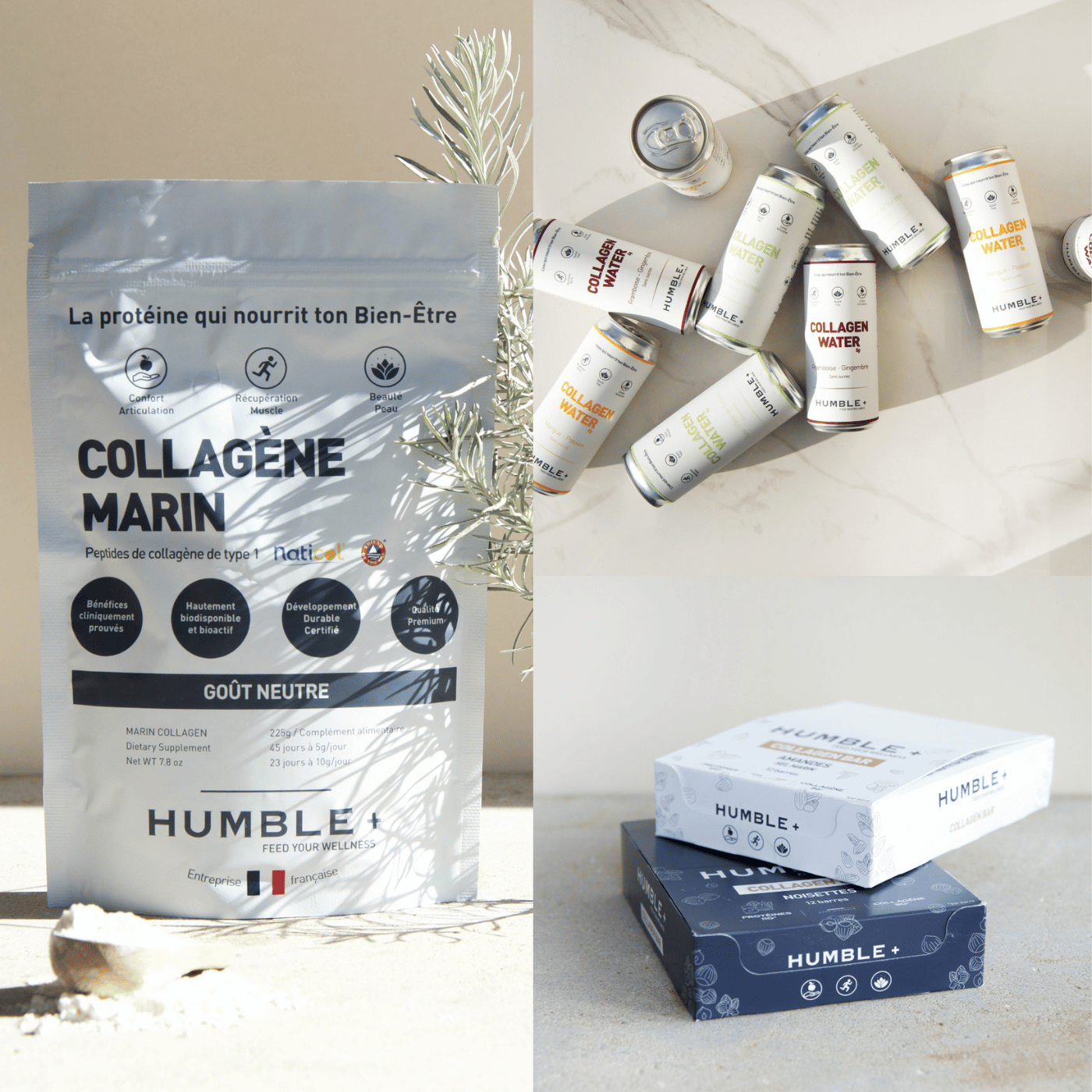
Which product to choose?
The different forms of collagen
- Collagen powder: Collagen powder is one of the most popular forms. It is made up of collagen peptides which are easily dissolved in liquids. Collagen powder can be mixed with water, juice, smoothies or other beverages for convenient consumption. It offers flexibility in terms of dosage, allowing you to customize the amount of collagen you consume.
- Collagen Water : our waters are ready-to-drink preparations that contain 5g of Naticol® marine collagen. The same as in powder. They are simply pre-measured, delicious and ready to use.
- COLLAGEN PROTEIN BAR : Bars are convenient snacks that combine 5g of bovine collagen peptides with protein for muscle recovery and normal bone. These bars are ideal for a quick and nutritious snack while providing a dose of collagen.
- Collagen capsules: Collagen capsules are supplement forms where collagen peptides are encapsulated in easy-to-swallow capsules. However, it is important to note that capsules can have disadvantages in terms of dosage. Dosages in capsules are often lower, which can limit the overall effectiveness of collagen delivery.
It is essential to emphasize that whatever form of collagen is chosen, it is the same collagen structurally.
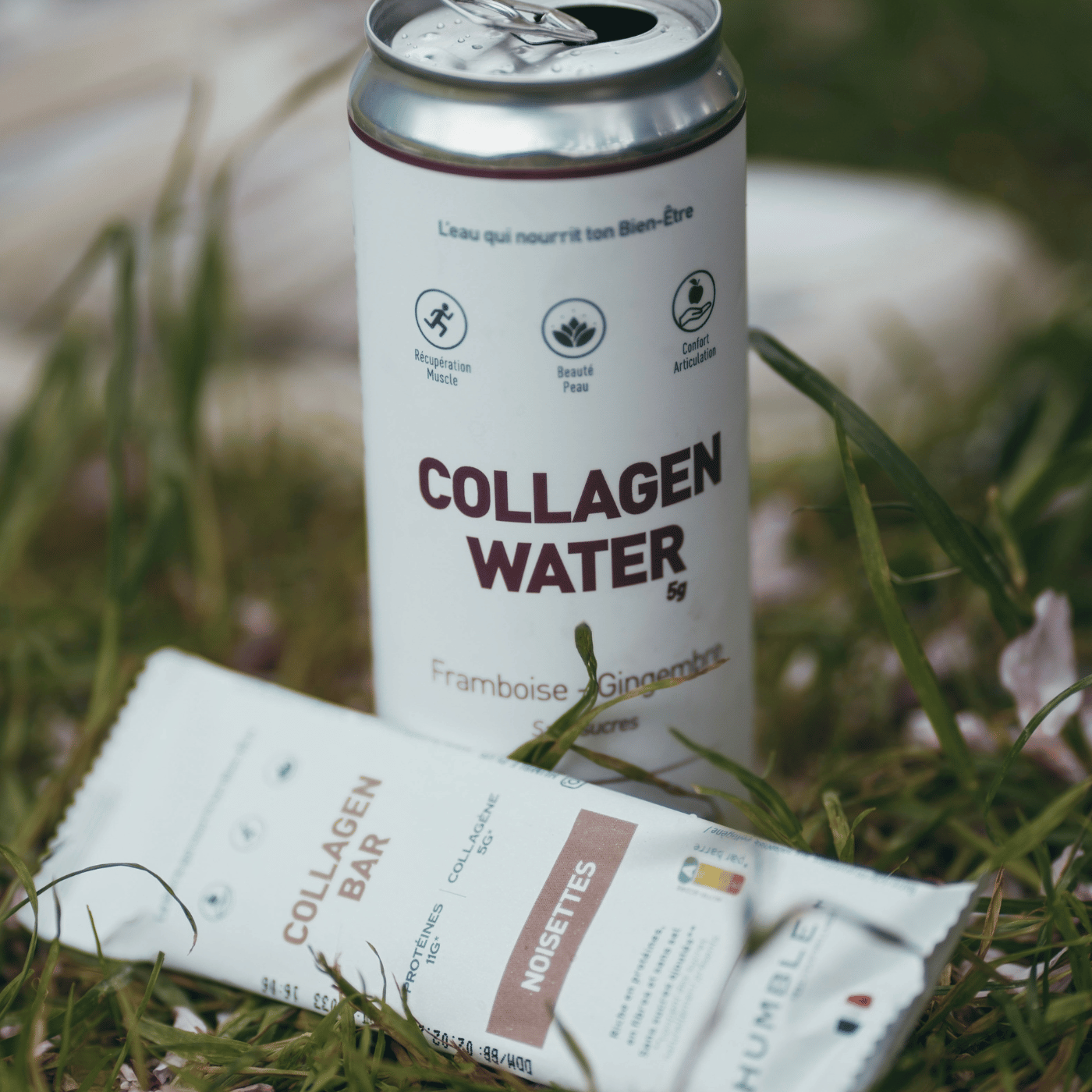
Which one to choose ?
Marine collagen or bovine collagen
It is important to understand that there is no fundamental difference between bovine collagen and marine collagen in terms of composition and health benefits.
The choice between the two depends on personal preferences, dietary restrictions, product source, and confidence in quality and purity.
Whether it is our marine collagen in powder or in cans, or bovine collagen in bars, our collagens are made in France with top quality sources and a molecular weight of 4000 daltons.

Choose French.
The importance of choosing quality collagen
We will emphasize the importance of choosing collagen products with French health approval and made in France. This guarantee will assure you of a quality product that complies with the highest safety standards.
- Quality control :
you benefit from a high level of quality control. Products made in France must comply with strict regulations on manufacturing, food safety and control of undesirable substances. This ensures that the products go through rigorous testing to ensure their purity, efficacy and safety.
- Traceability:
you also benefit from increased traceability. French regulations require precise monitoring of the supply chain, from raw material to final production. This means you can trust the origin of the ingredients used and rest assured that high standards are met throughout the manufacturing process.
- Compliance with health standards:
France has strict sanitary standards to guarantee the safety of products intended for human consumption. This ensures that these standards are met and that regular checks are carried out to ensure the absence of contaminants or unwanted substances.
All our products are made in France.

